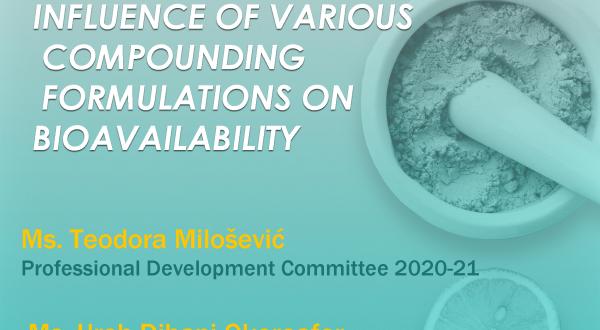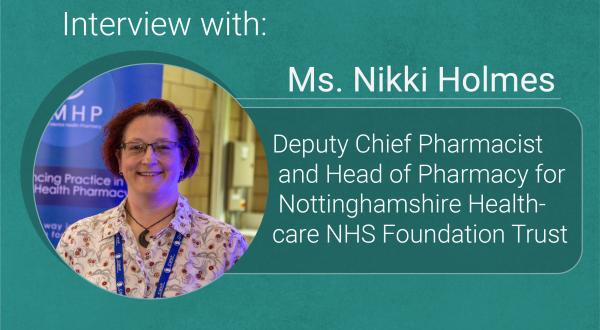We are saving, but are we safe?
We are saving, but are we safe?
By Irene Bougenville Martin, Global LITer 2020
The battle between COVID-19 and our frontline heroes, the healthcare professionals (HCPs), is not over yet. However, the reality behind every courageous face — and maybe a question they keep to themselves — is, “Are we safe?”
At the end of March, the World Health Organization (WHO) Director-General, Dr. Tedros Adhanom Ghebreyesus, stated, “The chronic global shortage of personal protective equipment (PPE) is now one of the most urgent threats to our collective ability to save lives.” WHO warned that this global concern was caused by rising demand, panic buying, hoarding, and misuse of PPE. This also caused export restrictions of PPE, exacerbating shortages in countries that are dependent on imports. In other words, health care workers are in danger!
Here are some stories you may have not heard of yet among others, which might be left unspoken.
Dr. Michelle Lin, a doctor at Mt. Sinai Hospital in New York City, said, “Once you get one N95 mask, the feeling is you keep it for as long as you can”. She had to keep the masks in lockers to ensure the continuity of mask supplies for herself. Another story comes from an emergency physician working in a Tennessee hospital, who had to wear the same N95 mask for 24 hours, and if it was not contaminated, he was supposed to reuse it the next day. N95 masks are only supposed to be worn for up to 8 hours, and disposed of afterwards according to the Centers for Disease Control and Prevention (CDC). Some doctors in Mexico and the United States had to spend their monthly salary to buy their own PPE; in several countries, healthcare workers had not received their salary.
The list does not end there. Let’s talk about pharmacists, shall we?
Some of us may not realise that pharmacists are, in fact, the first point of contact with patients before they go to a walk-in clinic or a physician, even more so, when a lot of clinics are not even open with everything that’s going on. However, pharmacists do not get the recognition as essential front-line HCPs who have access to proper PPE. Pharmacists in Ontario, Canada, for example, are running out of PPE; they have paid out of pocket for setting up announcements on the pharmacy entrance door to encourage customers not to enter if they have COVID-19 symptoms. They do this to save PPE for hospital pharmacists who need it more than they do. Nevertheless, hospital pharmacists at the University of Utah Health Hospitals are reusing masks for sterile preparation, again to save PPE for “front-line folks that need them more than we do”, they say. This issue, where compounders are required to minimise the use of PPE to mitigate the shortage, has been allowed by the FDA in their temporary guideline published last April 2020. And even after that, Soumi Saha, a pharmacist at Premier Inc, said that she was worried that hospitals would go another way to deliver these medications to patients: bedside compounding, which may cause unfortunate medication errors and potential harm. This is truly a devastating news to us, as pharmacists.
At this point, HCPs might agree they are “physically and mentally exhausted”. This lack of PPE increases the risk of virus infection towards HCPs, which if severe, can be fatal. As a result, there will be an imbalance between the number of HCPs left and the high influx of patients, which can make them feel burnt out. The fact that some PPEs cannot be reused whilst there is stock shortage causes HCPs to have no choice but to stay in the isolation room without taking any breaks since they have to save the PPEs. The shortage has also grown frustration among the HCPs who are concerned about accidentally exposing the patients, their own families, and their colleagues to the virus. They are in a dilemma since they feel like helping the community, but they cannot provide safety when they themselves are not safe. Taking a break with their loved ones might give them the spirit and relief to go back to duty, but it is not a choice anymore.
We must not stay quiet. We must take action.
World leaders must urge and facilitate companies financially to produce more PPEs which can be distributed evenly among HCPs in all healthcare settings. They should take a stand to appreciate and recognise the work of HCPs by providing them financial support, or facilitate healthcare settings and pharmacies to do teleconsultations or home delivery of medicines and medical devices. This stand should not leave anyone behind, including pharmacists all around the world; it can only be done with a joint collaboration without any room for national or organisational egos.
As pharmacy students, the simplest steps are the biggest impact we can make. By just educating the people nearest to us, for instance, by wearing cloth face masks and leaving surgical and N95 masks to be worn by HCPs, not buying the coveralls which should only be used by HCPs, and staying at home to prevent a high surge of patients at healthcare facilities, can really make a difference.
It is time for us to courageously face this battle with safety precautions and win it.



